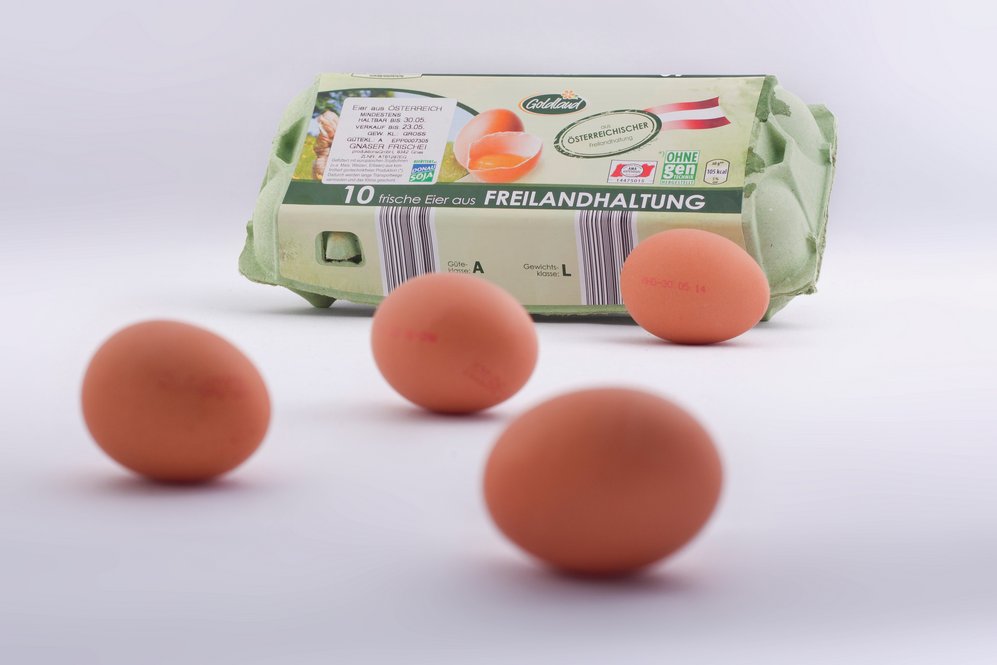The representative poll, which took place in the run up to Easter, shows that 70% of respondents would not buy such eggs. Already around 70% of eggs in Germany are produced without GMO feed. And over one billion euros of "Ohne Gentechnik" eggs are sold every year. Eggs form part of a strong Non-GMO market in Germany where the majority of milk (72%) and poultry meat (60%) are produced GMO-free.
Austria is another country where public opinion is strongly behind Non-GMO eggs. Indeed, since 2010, all fresh eggs in Austria have been Non-GMO. And about 35% of the industrial egg market (yolk, egg products, etc.) are Non-GMO. With its new “Action Plan for Sustainable Procurement” (published in June 2021) the Austrian Government has set a number of new criteria for sustainable procurement. These include that all egg products (fresh eggs, yolk, egg powder) in public procurement (canteens, large kitchens, events etc) have to be Non-GMO as of July 2021. In addition, all fresh eggs are produced with regional European soy (certified Danube Soy or certified Europe Soy).
Whether the fresh eggs searched for as part of Easter egg hunts around Europe this weekend will be GMO-free is an open question as there is no clear overview of the Non-GMO egg market in the majority of EU countries.
Read the full results of the VLOG opinion poll: www.ohnegentechnik.org/en/news/article/clandestine-genetic-engineering-in-easter-eggs
